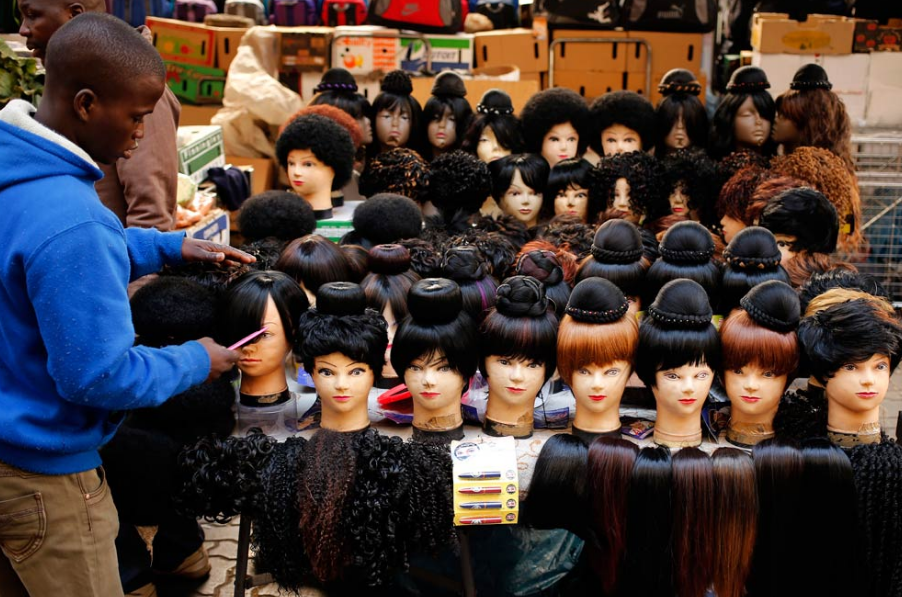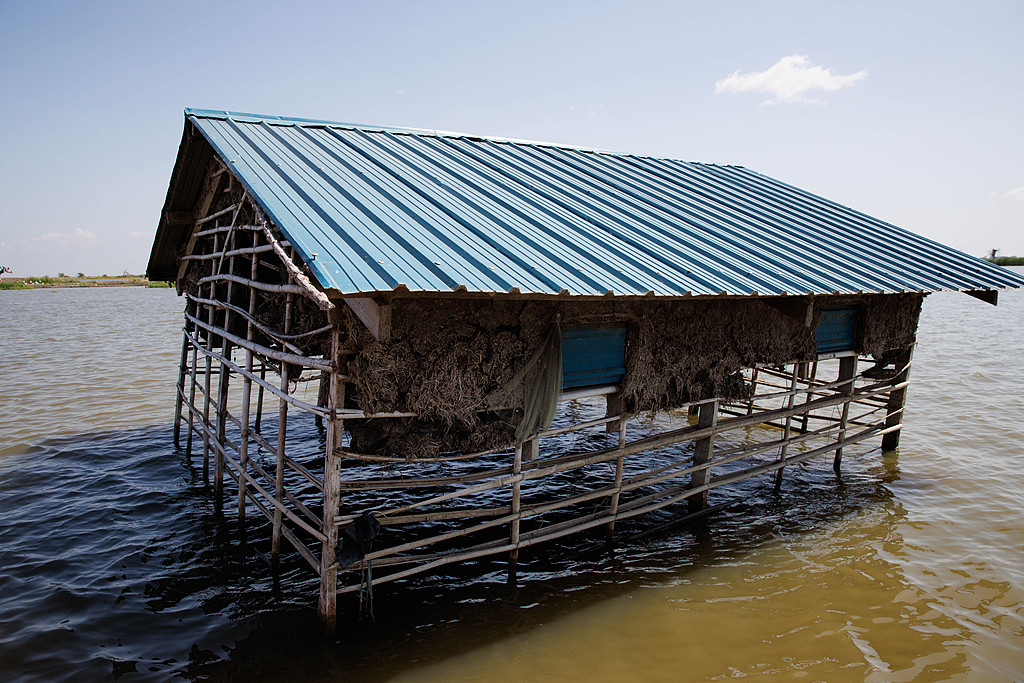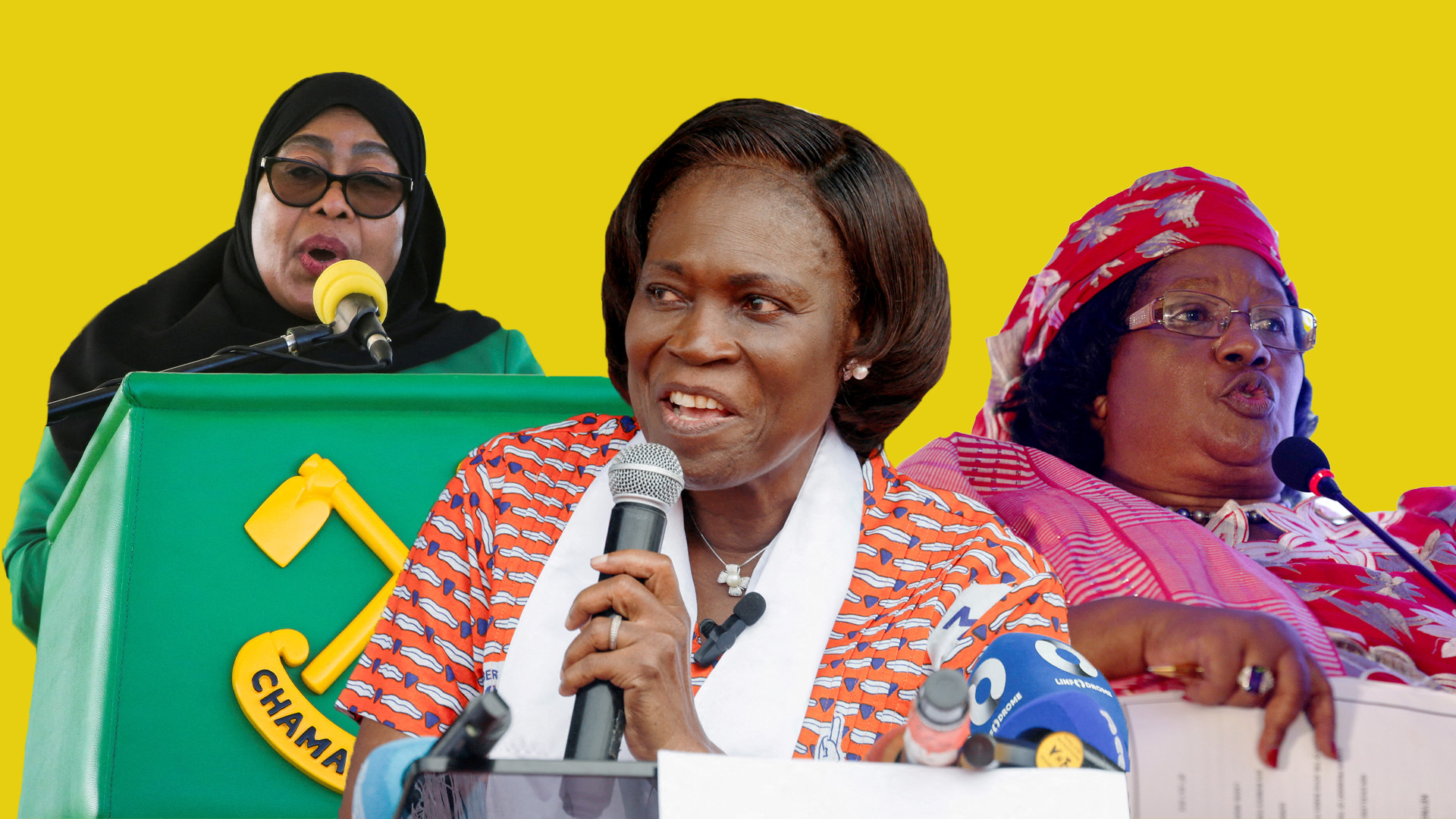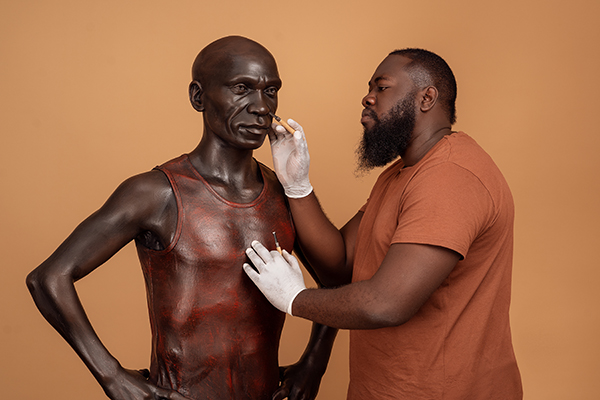
Booming trade in Zambia with women’s hair wigs and weaves
Black haircare is a multibillion dollar industry with women spending substantial sums on hair weaves and extensions. In Lusaka, Zambia, weaves are so widespread that you hardly ever see a natural head of hair.

“Zambian women love these things,” customer Chilufya Chisense tells DW. “We have got stubborn hair, when you put on those things, it actually becomes easier to maintain, unlike using your own hair.”
Chisense is a big fan of Brazilian hair. But it doesn’t come cheap. Brazilian hair extensions can cost around 5,000 Zambian kwacha ($500, 480 euros). It is a lot of money to have wrapped around your head. And it’s not just the initial outlay than can be a burden on a slender budget. Zambian university student Kaniki Pirscilla told DW she spent “about 300 Zambian kwacha” maintaining her weave.”
According to Huffpost Style, data released by the Anglo-Dutch group Unilever, which has made recent investments in the black hair industry in Africa, women in South Africa, Cameroon and Nigeria alone were spending billions of dollars on hair extensions.

The market research firm Mintel has forecast that the black hair care industry in the United States would be worth $761 million in 2017. In 2012 it put the size of the market at $684 million, but admitted that this was a conservative estimate.
“What’s missing from these figures are general market brands, weaves, extensions, wigs, independent beauty supply stores, distributors, e-commerce, styling tools and appliances. If all of those things were to be taken into consideration, expenditures could reach a whopping half trillion dollars,” the market research firm said.
(Deutsche Welle-DW)






